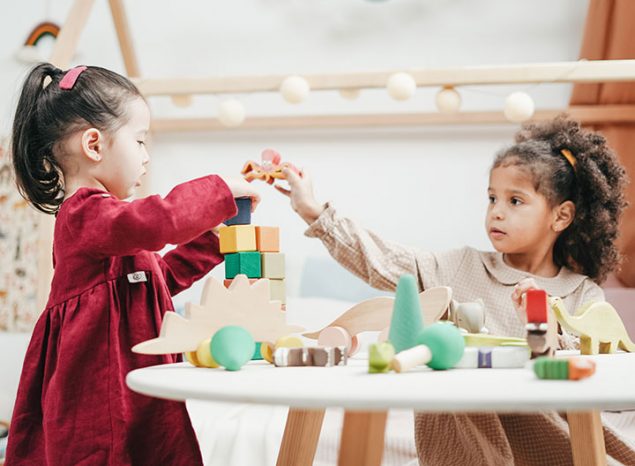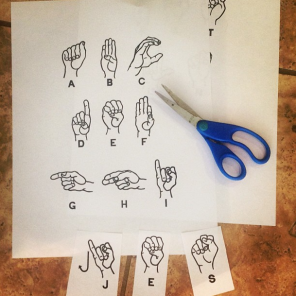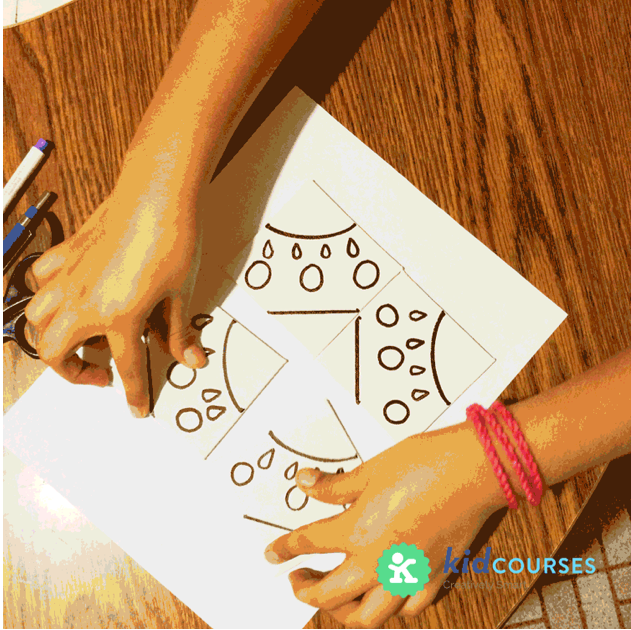
We recently crowdsourced to find out your best rhymes and acronyms for teaching communication skills to young children. Below you will find 5 great ideas!
#1. Listen Like a Mouse
Debbie Lopez, 20+ year teacher and tutor and Director of Content Marketing for Zivadream, an education advocacy and test prep review website dedicated to helping students pursue and achieve their educational goals shared:
One of my favorite rhymes about listening that is especially effective for Pre-K or Kindergarten:
Only one can talk and be heard,
So this is what I’ll do!
I’ll listen like a little mouse,
Until my friend is through!
#2. Don’t Wrinkle A Heart
Here’s another sweet one from Debbie Lopez. It addresses kindness and is good for all elementary grades:
Before you speak,
Think and be smart,
It’s hard to fix
A wrinkled heart.
#3. SUPER!
Mason Culligan, Founder and CEO of Mattress Battle Inc shared one that he came up with for his son. It’s SUPER!
He shared: It started with one of my sons. Growing up, he was timid in terms of communicating and interacting with other people. When my wife and I encourage him to converse with other people, he tends to mumble and eat up his words. It was a little contradictory since he loves superheroes. When I realized this, I knew I had to connect the learning strategy to superheroes somehow. That’s when I came up with the mnemonics SUPER.
SUPER stands for Speak UP, Enunciate Right.
This way, the habit of speaking up and not mumbling can be instilled in him. It will be fun for him to think of since it connects with superheroes, and it is a fascinating word for kids. The fun thing was, sometimes, he thought of it as his superpower. Eventually, when he caught himself being shy and not being able to talk confidently among other people, he’ll look up to me and whisper SUPER. I will enthusiastically encourage him, and he would start mustering up the confidence to talk.
#4. Together We Can Solve This Happily
Elizabeth Forry, Educational and Parenting Writer/Guru & Curriculum Designer Website at Master of Mixed Maternal Arts shared:
When two or more children are engaged in a disagreement, I would prompt them to stop, take a deep breath, and repeat the following with me: I listen to you; you listen to me, together we can solve this happily. Taking the first step to slow young children down when they are processing strong emotions is a crucial first step. The deep breathing gives their brain oxygen to help calm negative feelings; the repeating of the rhyme is rhythmic, which also creates a pulse for them to fall into and slow everything down. It also reminds them that their words are important, and everyone is going to get a chance to speak. Once we have done that once and sometimes more than once, I could engage them in the problem-solving conversations.
#5. Before You Take Things Away…
Rachel Kamath is a former teacher who blogs at Small World Spanish, a resource for parents raising Spanish-bilingual kids shared:
Daniel Tiger has had an instrumental role in teaching my two toddler boys to respectfully communicate with each other. The Daniel Tiger song that has resonated with them the most is:
“Before you take something away, stop and ask if it’s OK.”
They are only 13 months apart, and are super interested in the exact same toys, books, and everything. Needless to say, learning to take turns and not grab things out of each other’s hands has been challenging for them. This one line sung by Daniel Tiger has helped immensely. When one of them takes something away from the other without asking, they will actually sing it without any prompting from me. There are countless other great lines from Daniel Tiger, but this is the one that has stuck in our house.
Listen to the Daniel Tiger song here.
C.A.R.E.
Additionally, next we have a “bonus” acronym for you to try out when helping to develop literacy skills in children. Erin Vollmer MS, CCC-SLP Co-Founder of TherapyWorks, a nationwide company providing teletherapy services such as pediatric speech, occupational and physical therapies shared: When coaching parents on developing their child’s literacy skills we recommend the acronym C.A.R.E.
- C – Comment (i.e “Look at the dog eating his food”)
- A – Ask Questions (i.e. “How do you think this girl feels”)
- R – Respond (i.e. “Yes, I think he looks hungry too”
- E – Extend (i.e. Child: “Big Truck” Parent: “Big green truck moving slowly.”
This acronym works well with pre-readers during the preschool years.






Comments are closed.